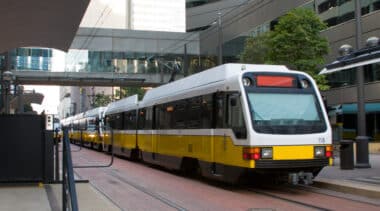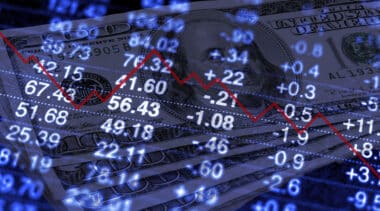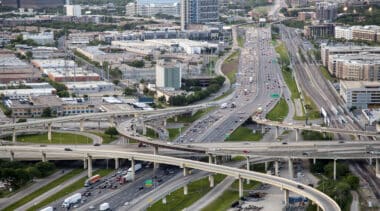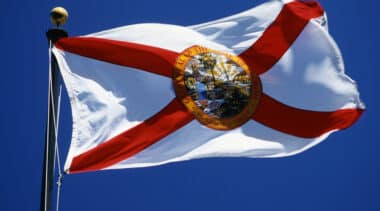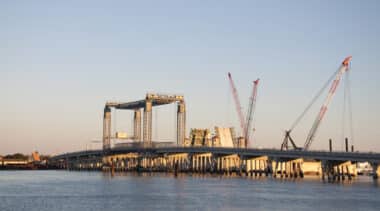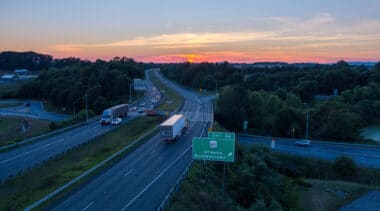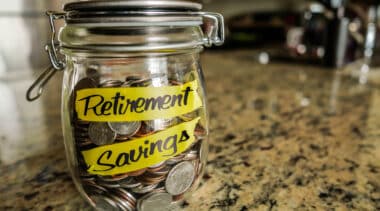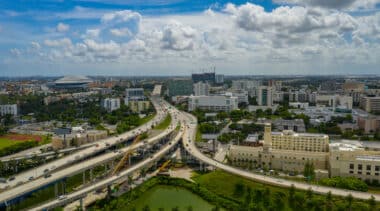-
How to Refocus the Federal Share of Transit Funding So Maintenance Is Prioritized
Many of the mass transit systems across the country are in poor shape, in part because they direct money to costly new capital projects rather than needed maintenance.
-
Examining Student Transfer Data in Texas
Three percent of Texas students transferred to a school outside of their home district in the 2018-19 school year.
-
Pension Plan Investments in Alternative Assets Pose Serious Risk to Taxpayers and Members
Alternative investments are the most challenging investments to value because they require assumptions about complex future cash flows and valuation multiples from future sales.
-
Why Texas Conservatives Should Support Private Investment in Transportation
Private investment funds are ready, willing, and able to invest in U.S. infrastructure.
-
Connecticut’s Infrastructure Problems Require Private Sector Help
Public-private partnerships would help the state build new infrastructure and ensure infrastructure assets stay in good condition.
-
Florida’s $36 Billion Problem
Florida's growing pension debt is particularly bad news for other state spending areas like education and transportation.
-
Right Now, Infrastructure Policy Should Focus on Fixing and Maintaining What We Have
Congress should focus on maintaining and modernizing existing infrastructure under a “fix it first” strategy.
-
Why Congress Should Expand the Use of Private Activity Bonds For Infrastructure
For megaprojects, $12 billion in private activity bonds led to $45 billion in infrastructure project activity over the past 15 years.
-
How to Effectively Fund Infrastructure Projects in the United States
Open the door to hundreds of billions in private capital from investors like public pension funds. That will help build infrastructure back better.
-
The Beltway, I-270 Toll Projects Protect Taxpayers In Ways the Purple Line Deal Did Not
Maryland legislation could cause private infrastructure funds to shift their focus—and much-needed money for transportation megaprojects— to other states.
-
Cannabis Freedom Alliance Launches, Aims to Spur Federal Legalization of Marijuana
The new organization will advocate for federal marijuana policy that helps all Americans achieve their full potential and limit the number of barriers that inhibit innovation and entrepreneurship in a free and open market.
-
Addressing the Retirement Risks Facing Today’s Public Workers
Most public retirement plans do not account for the many major financial risks that their members could face in retirement.
-
The Texas Power Fiasco Shows Need to Find a Balance With Wind Power and Other Renewables
We have to stop pretending it’s all one way or the other, renewable or conventional, and strive to find the proper balance that keeps the system working and from failing its customers in deadly ways as it did in Texas.
-
Physician Assistants and Advanced Practice Registered Nurses Could Offset Physician Shortage
Ample research suggests that loosening scope of practice restrictions can expand access to care and reduce costs without compromising on the quality of care.
-
Do Public Workers Set Aside Additional Retirement Savings When Their Pension Plan’s Debt Grows?
A new study finds that public workers do not increase their personal savings when the fiscal health of their pension plan is in decline.
-
How to Improve Access to Telehealth in Florida
The COVID-19 pandemic has demonstrated the value of flexibility and innovation in the health care sector.
-
The Basic Disconnect Emerging In U.S. Highway Policy
Planning the next-generation highway and transit systems must take into account the transition to electric and automated vehicles.
-
Comments on the National Highway Traffic Safety Administration Framework for Automated Driving System Safety
The NHTSA should not attempt to develop government-unique technical standards and incorporate those government-unique standards into Federal Motor Vehicle Safety Standards for automated vehicles at this time.
